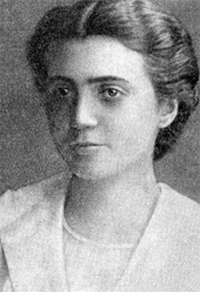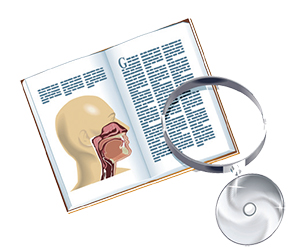The American Academy of Otolaryngology–Head and Neck Surgery has updated the clinical practice guideline for diagnosis and treatment of BPPV
Number of U.S. Adults with Hearing Loss Expected to Double by 2060
Hearing loss among U.S. adults will nearly double the current rate by 2060
NIH Funds Study to Improve QOL in People Who Are Deaf, Hard of Hearing
Researchers are developing a tool that will be able to assess health-related quality-of-life outcomes in people who are deaf or hard of hearing, with a goal of improving their overall health.

What Is the Risk of Malignant Transformation of Vestibular Schwannoma Following Radiosurgery?
Radiosurgical treatment of vestibular schwannomas is safe and effective

Is There an Optimal Location for Tympanostomy Tube Placement?
There is no body of evidence to suggest that there is an optimal location for placing tympanostomy tubes, yet the anterior-inferior quadrant is commonly used

Is Cochlear Implantation Safe and Effective in the Elderly?
Current data supports a high level of perioperative and long-term safety for elderly patients undergoing CI
One in 10 U.S. Adults Experience Tinnitus
Approximately one in 10 adults in the U.S. experience tinnitus, and durations of occupational and leisure time noise exposures are correlated with rates of tinnitus and are likely targetable risk factors

Lucja Frey, MD – The Physician Behind Frey’s Syndrome
In 1923, Dr. Frey published the description of one case of an auriculo-temporal syndrome, which later became known as ‘‘Frey syndrome”

Disagreement exists regarding the cost-effectiveness and necessity of an initial GdT1W MRI
Disagreement exists regarding the cost-effectiveness and necessity of an initial GdT1W MRI
Biofilms Likely Play Key Role in Pediatric Otitis Media and Otorrhea
Otitis media with effusion and recurrent acute otitis media are common problems in children
- « Previous Page
- 1
- …
- 10
- 11
- 12
- 13
- 14
- …
- 30
- Next Page »